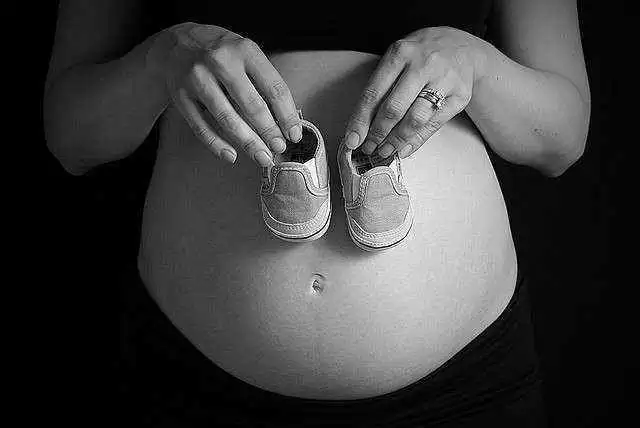
Celiac.com 09/01/2018 - Celiac disease is a common disease triggered by gliadin exposure in genetically sensitive individuals. It has long been known that untreated celiac disease is associated with intestinal malabsorption, but it is also associated with ongoing inflammation. This inflammation may have adverse effects on the uptake of important nutrients. This is probably the underlying reason for the increased risk of osteoporosis demonstrated in patients with celiac disease. Malabsorption and ongoing inflammation in untreated celiac disease could also potentially have a negative effect on fetal development.
Several reports have indicated an adverse effect of untreated celiac disease on pregnancy outcome. We set out to use the national registers of Sweden to:
- Evaluate the association of untreated celiac disease and birth weight, pregnancy duration and intrauterine growth.
- Evaluate the same association in treated celiac disease.
- Compare the risk of the above two groups with a reference group of 2.8 million births to mothers who never had a diagnosis of celiac disease.
- A fourth objective was to evaluate placental weight to see if lower placental weight was more frequent in women with celiac disease.
Celiac.com Sponsor (A12):
We found that untreated celiac disease (women diagnosed after pregnancy, but most likely having untreated celiac disease at time of pregnancy) was associated with a two-fold risk of low birth weight, pre-term birth, intrauterine growth retardation and cesarean section.
The low birth weight and intrauterine growth retardation may have been mediated through malabsorption, since placental weight was lowest in women with untreated celiac disease.
This study was published in Gastroenterology Aug 2005. A link to this paper can be found here: gastrojournal.org
After that we set out to evaluate the association between adverse pregnancy outcome in males with untreated and treated celiac disease. In a previous paper, we had found an increased risk of adverse pregnancy outcome when the father had celiac disease (Ludvigsson et al, Gut, 2001). Now, taking advantage of the large Swedish national registers (all births since 1973 and onwards are recorded), we found no increased risk of low birth weight, pre-term birth or cesarean section in infants to fathers with untreated or treated celiac disease. This study was published in the Scandinavian Journal of Gastroenterology in Feb 2006.



.webp.e254947a67d48afc7acbaffdb2a53d9c.webp)




Recommended Comments
Create an account or sign in to comment
You need to be a member in order to leave a comment
Create an account
Sign up for a new account in our community. It's easy!
Register a new accountSign in
Already have an account? Sign in here.
Sign In Now